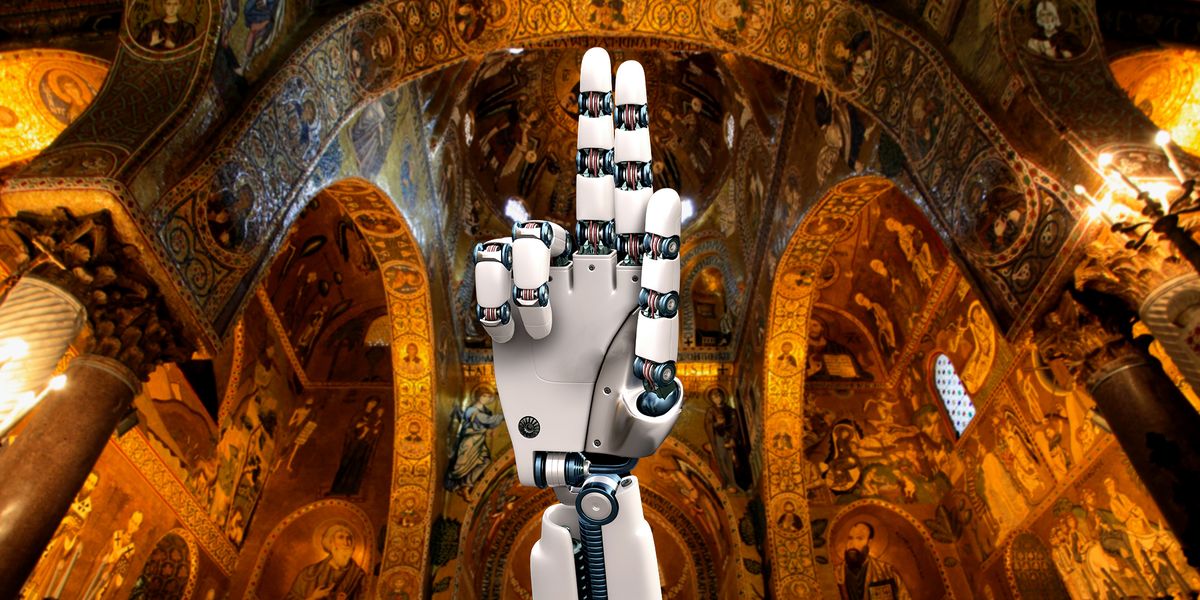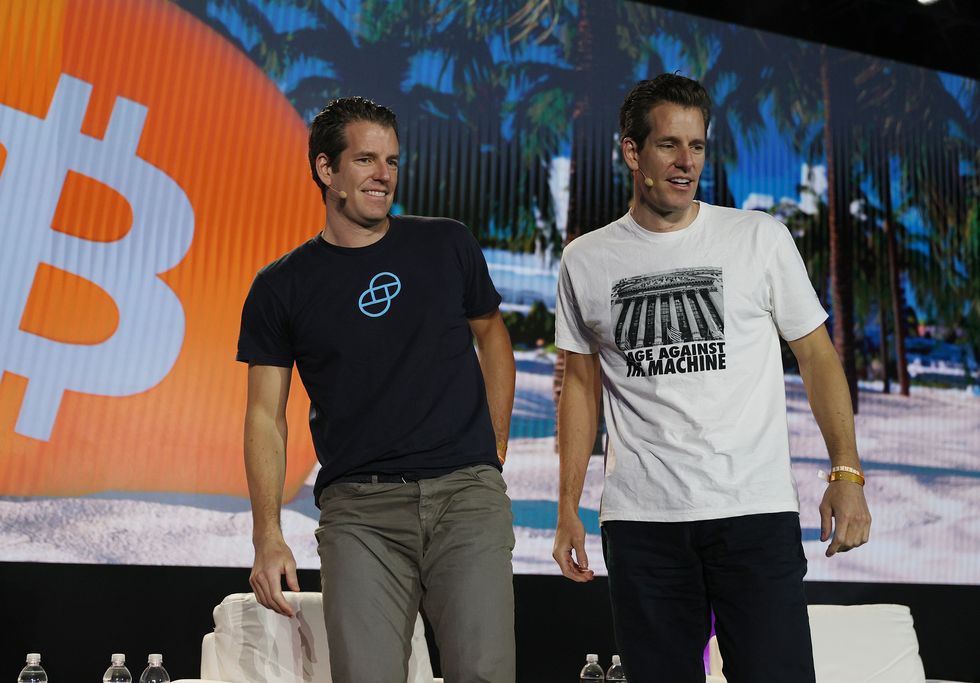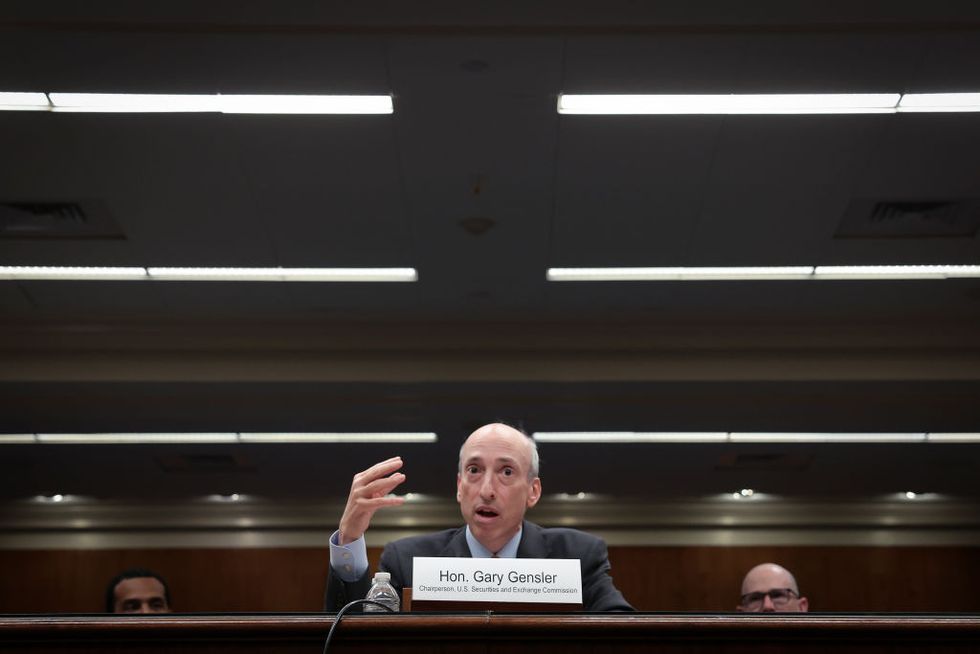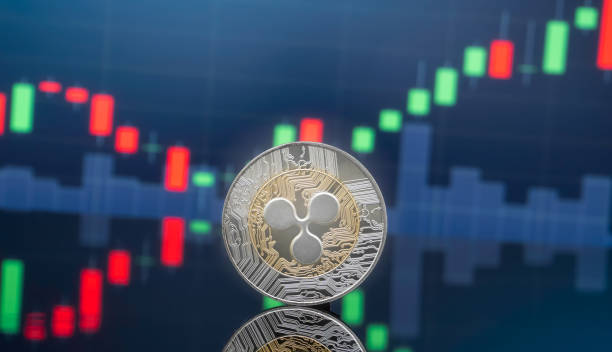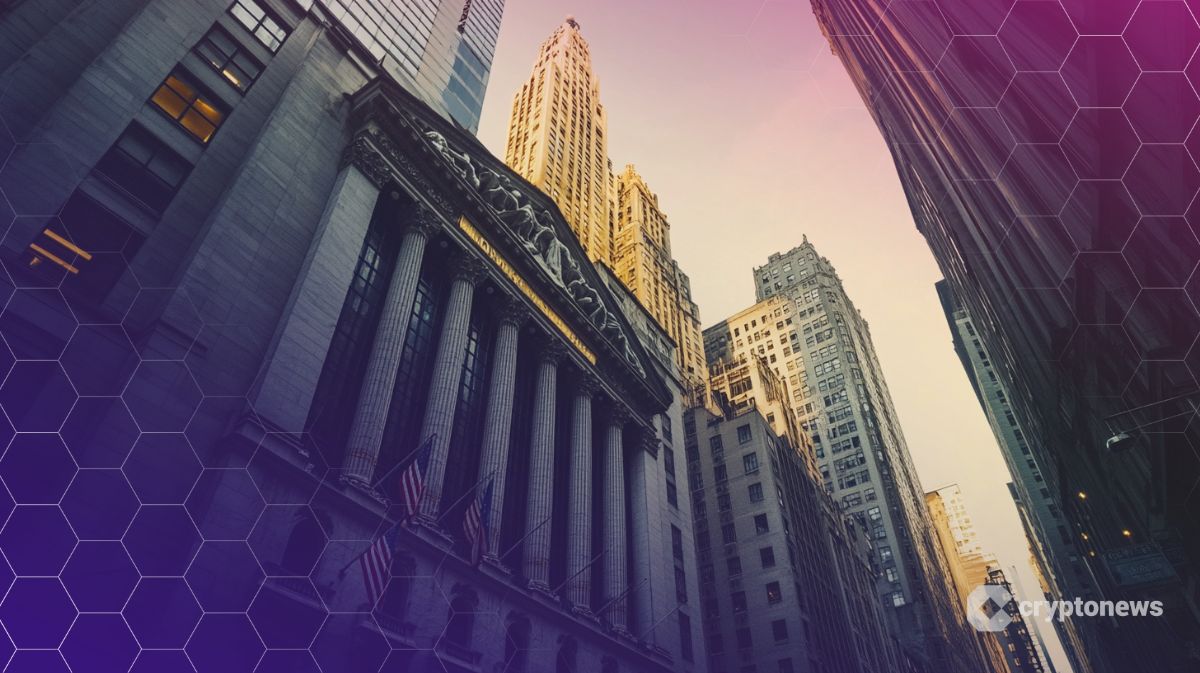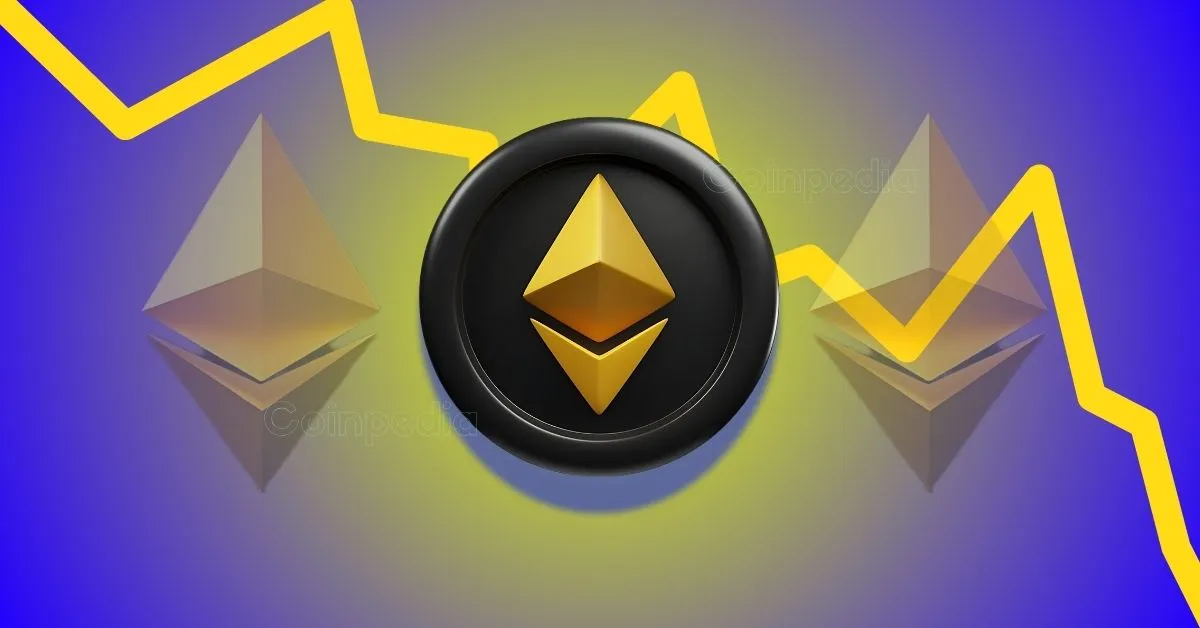World domination was not on the menu at this year’s Summit at Sea, an invite-only cruise that convenes a “global community of entrepreneurs, academics, athletes, artists, astronauts,” and beyond.
Relative to its past self, the vibe at the once ambitious floating Davos for millennial technocrats was muted against a backdrop of broader anxiety gripping Silicon Valley as it navigates uncertain waters. Even for a gathering long interested in wellness, there was a telling number of powdered elixirs in Summit’s swag bags, as well as an awful lot of seminars focusing on mental health, spirituality, and psychedelics—and in Palo Alto demand for hallucinogenic mushrooms, ketamine, and LSD is running high, as the likes of Sergey Brin and Elon Musk evangelize about their healing qualities.
“People are not feeling as bullish,” says one regular, who described attendees as seeking a break from reality, not a platform to “accelerate their supercharged rocket startup.” Supercharging is less important right now than stress management through breath work.
Beyond the comforts of Richard Branson’s Virgin Voyages Scarlet Lady, where Summit took place en route to the Bahamas, high and rising interest rates have battered the sector’s stocks and wiped out multiple lenders, such as Silicon Valley Bank. Venture funds are raising a fraction of what they previously raked in, so the startups they bankroll have gone from being awash in cash to having to hunt for it.
The hardest hit sector back on land has been crypto. Bitcoin has plummeted from its 2021 peak, largely devastating its flash-in-the-pan billionaire class. Over the course of the past year: The exchange FTX went bankrupt, and its founder, Sam Bankman-Fried, and colleagues were charged with orchestrating one of the biggest financial frauds ever. Do Kwon, whose currency Luna once commanded a fan base of self-described “Lunatics” before its failure contributed to the industry’s $2 trillion face-plant in 2022, was charged with fraud by federal prosecutors and arrested in Montenegro. The Securities and Exchange Commission slapped two of the biggest remaining crypto companies, Binance and Coinbase, with a slew of charges. And the market for NFTs has become a ghost town of lawsuits, expensive regrets, and few true believers.
“The mania has died down,” says Molly White, a fellow at the Harvard Library Innovation Lab and creator of the site Web3 Is Going Just Great, a Bonfire of the Vanities–style chronicle of the tech industry’s excesses and pitfalls. “People don’t tell me, ‘Have fun staying poor’ as much as they used to.”
Crypto’s early adopters were never quite so gauche. Even new money has old money, and those who bought Bitcoin when prices were so low it was basically Monopoly bills are discreetly hunkering down to weather the slump without attracting the attention of skeptics like White or SEC chairman Gary Gensler, the Inspector Javert of crypto regulation. Tyler and Cameron Winklevoss, founders of the exchange Gemini, are more likely these days to Instagram a pizza party than an NFT of their moon-bound astronaut avatars, as in 2021.
Back then all bets were off. More tech startups were valued north of $1 billion in 2021 than in the prior five years put together. But this year venture funds in the U.S. have had a harder time raising money than they have in a decade, according to PitchBook-NVCA. So far in 2023 such funds have gathered less than $30 billion, putting them on track to raise less than $55 billion for the year—compared with $168 billion last year. The future was virtual then, and profits were infinite. One Bitcoin was worth $65,000. A JPEG collage of smaller JPEGs sold for $69 million at Christie’s. The voice-only app Clubhouse was valued at $4 billion and NFT marketplace OpenSea at $13.3 billion. Facebook rebranded as Meta and breathlessly described our avatar-rich, legless future. Everyone was always in Aspen, or joining a crypto colony in Puerto Rico; everyone quit their jobs and got better ones, for so much more money. As a financial journalist, I saw the worst minds of my generation rolling in far too much disposable income. It was so, so goofy. It was not fun staying poor.
Julia Love, a crypto consultant, won a McLaren at a conference in Miami and wrapped it in cartoon shiba inus, the symbol of the Bitcoin offshoot Dogecoin. “I thought it would just be, like, ha-ha,” she says. “I did not do it for attention.” In much the same way that Saul Steinberg’s 50th birthday party marked the end of the go-go ’80s, with its let-them-eat-cake obliviousness, and Stephen A. Schwarzman’s 60th top-ticked an overheated 2007, Love’s stunt epitomized the frenzy of the moment.
Then the price of Bitcoin plummeted, at one point falling below $16,000. Crypto’s rabid era seems in retrospect to have been a harbinger of high inflation, which the Federal Reserve has since been working to cool by hiking interest rates. “There’s always this group of what I would call startup groupie people, who start something at whatever the hype is,” says Tarun Chitra, founder of the crypto cybersecurity company Gauntlet. “You can tell a bubble is forming if you start meeting those people.”
Still, there’s a saying you hear whenever the market is down: Time to build. Within the crypto industry the mood is refusing to go quietly. Some are hanging on to their coins because it feels better than selling and accepting the loss; a slim chance of a rebound is better than no chance. Others have staked too much of their reputation and time on it. And others are partying like it’s 1999 and the dot-com bubble hasn’t yet burst. Just look at the way the conference circuit is oontz-oontz-oontzing still: the Medici conference in Los Angeles, the Bitcoin confab in Miami, ETHDenver, Consensus in Austin, and Chainalysis’s Links Amsterdam. And then there was Summit at Sea. Before the ship weighed anchor in May, for the first time since 2016, there was talk of trouble selling all the tickets, which started around $5,000. Once it was at sea, though, the scene raged like a euphoric post-pandemic reunion—or a deliriously fun game of musical deck chairs aboard the Titanic of tech.
“This cruise has everything,” executive coach Naveen Ghushe posted on Instagram, referencing Saturday Night Live’s Stefon. “Impact investors who have never had jobs. Psychedelic shamans who are addicted to Elf Bars. And life coaches who don’t have a life.”
It helped that Bitcoin was beginning to recover—prices hovered close to $30,000 in July—and tech enthusiasts saw a bright spot on the horizon, something on its way to becoming a silver bullet for the entrepreneurial class, a deus ex machina that would solve all its problems: artificial intelligence. “There’s a stream of crypto influencers who have rebranded as AI influencers,” says White.
Uncertainty lingers, though. Over the summer the Biden administration was considering restrictions on the export of AI chips, which walloped shares of Wall Street’s favorite new stock, the semiconductor company Nvidia. And Sam Altman, whose OpenAI is under FTC investigation, has testified before Congress about the risks of the technology—for the planet. Such a murky outlook requires breathing through it. At least there is some good news: Days after returning to shore, Summit announced it will again set sail in 2024.
This story appears in the September 2023 issue of Town & Country under the headline Silicon Valley at Sea. SUBSCRIBE NOW
Mary Childs is a financial journalist, the co-host of National Public Radio’s Planet Money and the author of The Bond King.
Credit: Source link


